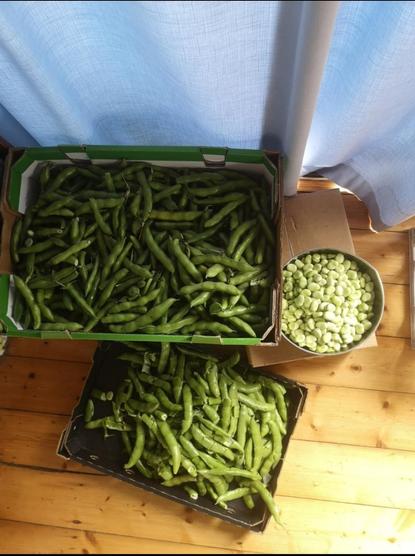@coolandnormal Can I just say I love this idea.
This is what I want for the future for humanity in general.
I also think this is a great example of the sort of work that isn't valued.
Collective, cultural work.
It doesn't need an NGO, because people are the community, and that's not really an "organization", it doesn't have "leadership" or "goals". It's just a bunch of people associated by where they live.
And they don't ALL have to do any of this, all they need to be part of it is that they are aware of the tradition (when they need a bike).
Because that's what it is, a tradition.
Some traditions get promoted (and taken over) by admins looking for busywork and relevance. But others are just maintained through ... osmosis? Something like that, contact transmission.
Like, eating certain things for certain festivities. Nobody owns or manages that. Nobody "admins" it. It's just a cultural phenomenon, carried along because it serves a need in the population.


